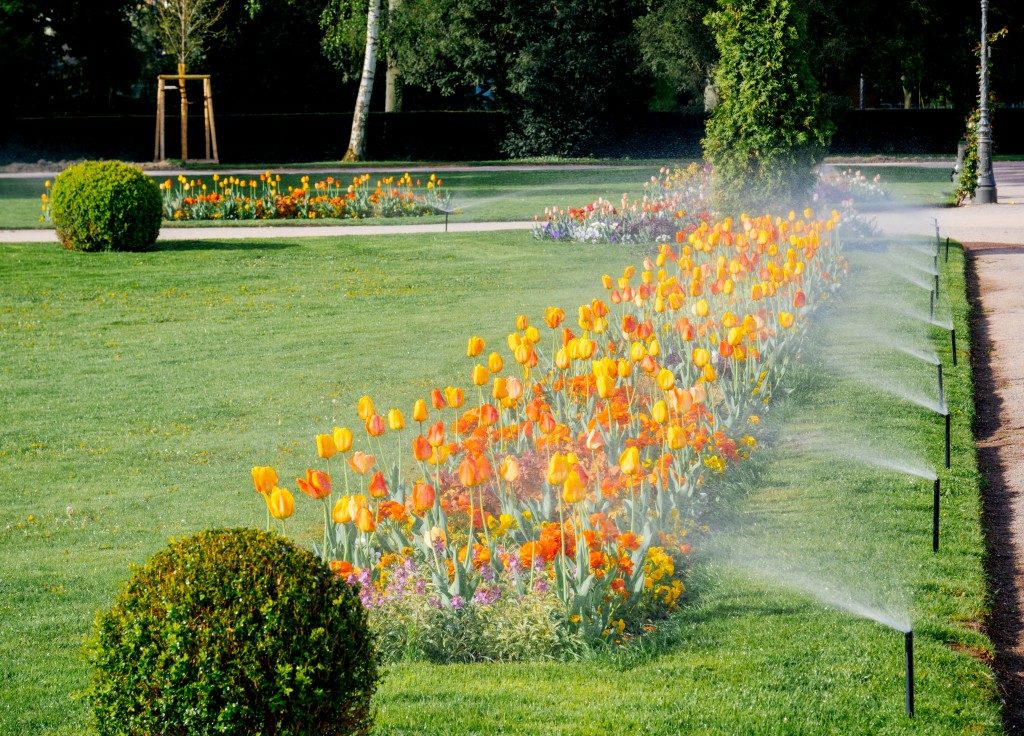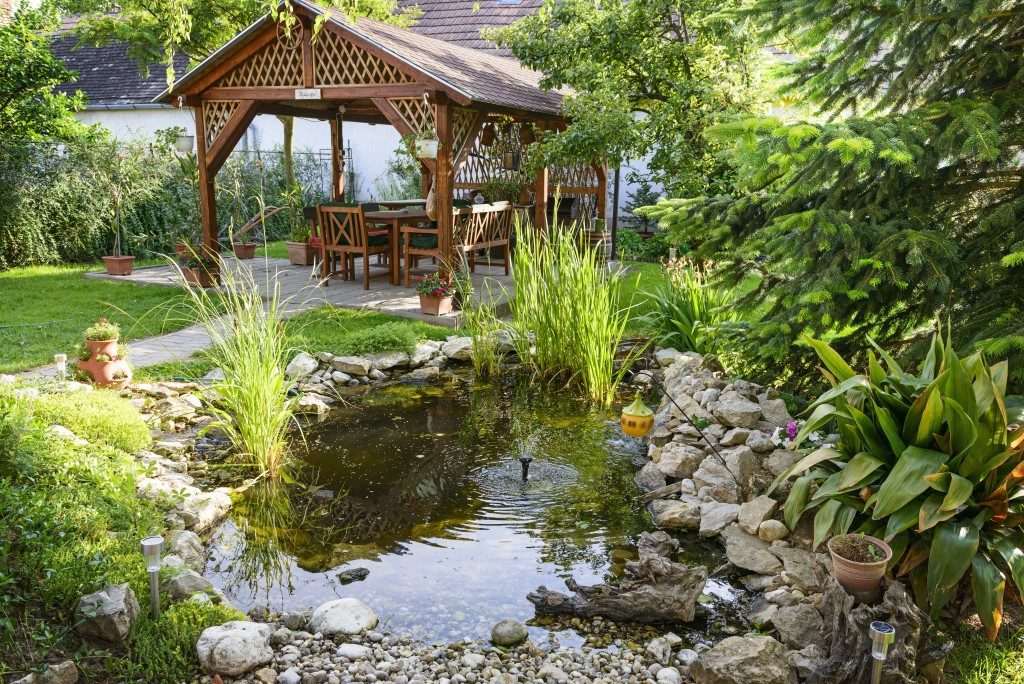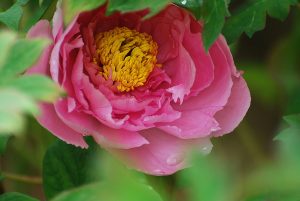Landscape design is changing and heading toward the “green” revolution. Ecological landscaping is evolving to cater to the natural rhythm of the environment and adopting green infrastructure to it. Even desert or arid countries such as Dubai are employing ecological concepts to landscape their backyards for a greener 2020.
Whether you’re part of the millions in Auckland or one of the folks down in Christchurch, know that your gardens are ecosystems, too. You can employ the following ecological principles in your garden and landscape design, or get ideas from the portfolio of eco-friendly projects your contractor is bound to have.
Rain Garden
A rain garden is a collection of plants that feed on rainwater collected in the small depressions they are planted in. Rain gardens allow for 30 percent more water to seep into the ground when it temporarily holds and soaks in the runoff from rain showers. Aside from refilling groundwater reserves, they also remove pollutants from rainwater and reduce flooding caused by downpours.
Choose a site at least 10 feet away from your house for your rain garden. Ideally, the site should be a natural low spot in your yard where rainwater collects. The sun should also strike it often for the sake of your plants. It shouldn’t be low enough that water retains long enough for mosquitos to hatch their eggs.
Native plants are the best for the job since they’re sturdy. Consider the types of plants you’ll cluster and take good care of them for the first few weeks until they become self-sufficient.
Trees for Energy Conservation
Winter winds, the scorching sun in summer, and the various weather effects winter and summer bring might influence your energy consumption. Extreme weather will undoubtedly drive you to use your HVAC systems for longer periods to get the temperature right. Planting trees is a good, low-energy alternative.
Planting the right trees at the right place will provide shade during summer, as well as conserve warmth and protect your property by serving as a windbreak in the winter. Deciduous and evergreen trees, according to the Forestry Extension of the Utah State University, have low branches that provide good shade and serve as wind barriers. Trees also cool the air directly, thanks to transpiration cooling, a process where leaves release water which then turns into vapor.
SMART Irrigation for Water Conservation

Sustainably Managed, Accountable, Responsible and Trusted Irrigation on a larger scale aims to use water and energy more efficiently in irrigation while maintaining or improving production and profitability. It’s also a part of New Zealand’s efforts to conserve and use its rich water resources properly.
For humble homeowners, smart irrigation keeps their gardens lush while saving their bank accounts. Landscaping firms also benefit from smart sprinkler systems, as training crews to operate these systems can be easier.
Remember that you’re not alone when you’re preparing your garden to become more environmentally-friendly. New Zealand is putting more effort into conserving native species and the environment. Aside from landscaping, kiwis can also volunteer for conservation programs. With international visitors traveling to volunteer and some conservation programs only taking as little as 15 minutes, there’s a way for every kiwi to help save the environment.





